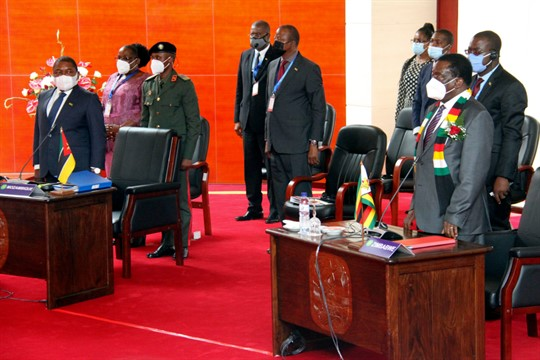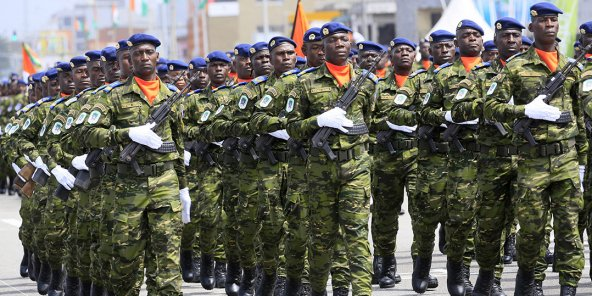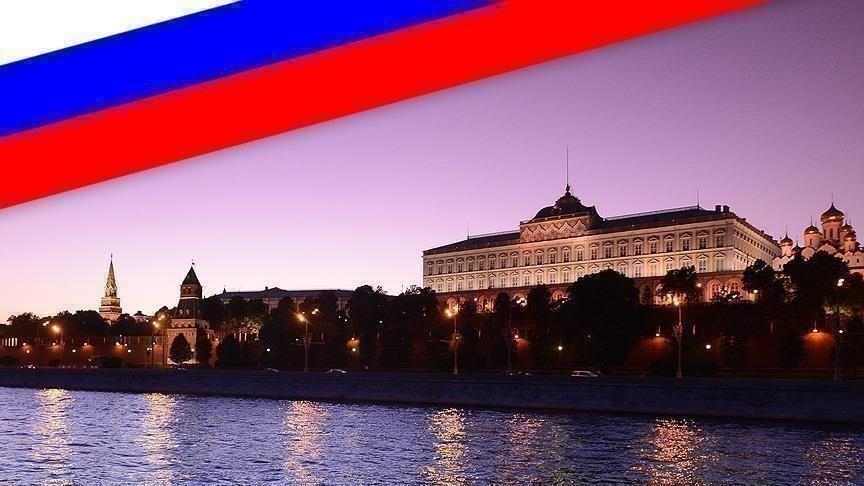Why Piracy Is a Growing Threat in West Africa’s Gulf of Guinea

In early May, a high-speed boat pulled alongside the Rio Mitong, a Panama-flagged cargo vessel, just off the coast of Equatorial Guinea. Using ladders to board the ship, a group of assailants kidnapped two crew members, taking them back to the shore, where they subsequently held them for ransom. Another ship was reportedly attacked that same night, elsewhere in the Gulf of Guinea.







